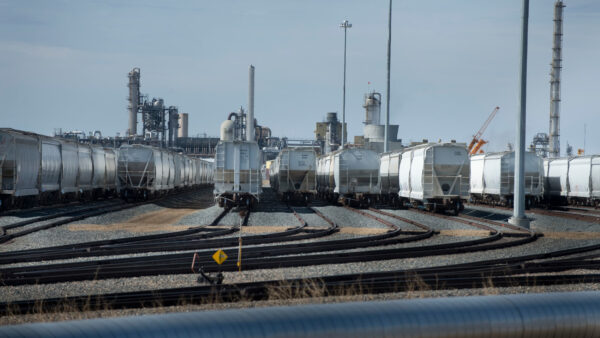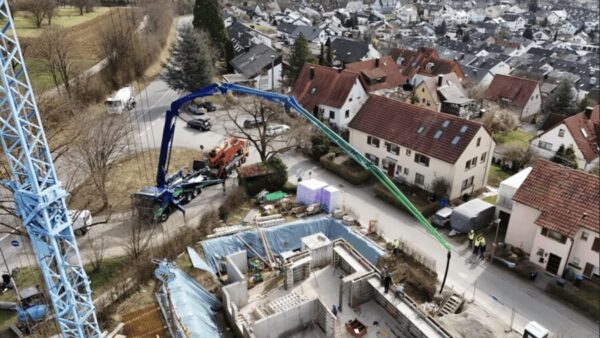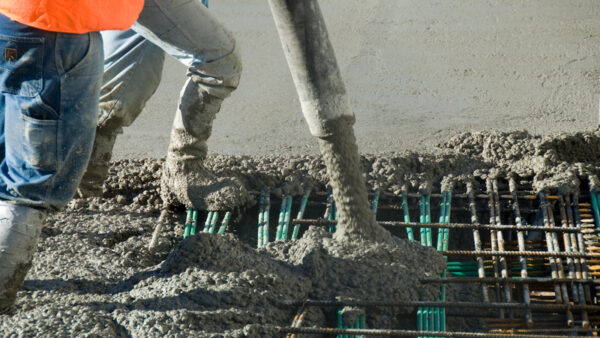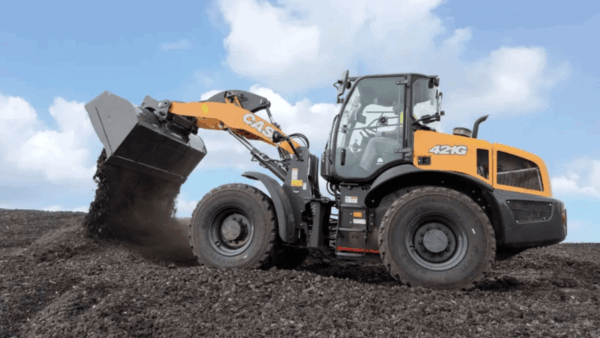The US state of Wisconsin is in a flurry of excitement after Taiwanese electronics company Foxconn said last week it would build a $10bn LCD screen factory there that will create 13,000 well-paid jobs when finished in four years.
President Trump was quick to claim the credit for the decision on 27 July, telling a White House reception that the deal would not have happened “if I didn’t get elected”, reports newspaper Milwaukee Journal-Sentinel.
The investment will be as transformational for Wisconsin as Silicon Valley was for San Francisco, enthused the state governor, Scott Walker.
“This is a once-in-a-century opportunity for our state and our country, and Wisconsin is ready. We are calling this development ‘Wisconsin Valley’ because we believe this will have a transformational effect on Wisconsin, just as Silicon Valley transformed the San Francisco Bay Area,” the Republican governor said.
Foxconn has not yet chosen a site for the factory, although it is understood to be looking in the southeast of the state at Racine and Kenosha counties near the shores of Lake Michigan. It will make screens for televisions, as well as automobiles and healthcare systems.
The deal seems to hinge on big state benefits, however.
Walker said at the White House that the state legislature would be asked to offer Foxconn up to $3bn in incentives: half to offset its capital costs and half for workforce development. The full $3bn will be awarded over 20 years if Foxconn meets hiring targets. There will also be some exemptions to value added tax.
Critics decried the generous benefit package, which the Journal Sentinel described as “50 times bigger than any incentive package in the history of the state”
However, although most Wisconsin representatives backed the proposal, some were cautious about Foxconn’s record in the US – up until now the company has never made a significant investment in a US facility.
Chris Larson, a Democrat state senator from Milwaukee commented: “It is with good reason that Wisconsinites are not yet willing to blindly put their faith, and money, in a feeble jobs promise. We’ve been deceived by Walker’s rose-tinted glasses before.” And Jennifer Shilling, senate minority leader, said: “I’m cautious of committing taxpayers to decades of economic costs and liabilities.”
Foxconn said in a statement that the investment “signifies the start of a series of investments by Foxconn in American manufacturing in the coming years”.
Yang Wei-fu, Taiwan’s deputy economics minister, said that the government looked favourably on Foxconn’s decision to invest in the US, as it demonstrates its ability to conduct an effective, global flat-panel operation. He said he hoped the investment could be a win-win situation for Taiwan and the US in terms of technology and other forms of cooperation, and added that he hoped the company would consider investing in Taiwan as well.
Reuters notes that Foxconn has a mixed record following up on promises to create new jobs in the US. In 2013, it said it would invest $30m in a factory in Pennsylvania, but didn’t. Other announcements have been made in Indonesia and India in the past, but later dropped.
The move was first reported in February this year, when Reuters reported that Foxconn planned to team up with Japanese subsidiary Sharpe to build a joint $7.1bn plant. The decision was interpreted as an early attempt by Japan and Taiwan to fit in with the America-first rhetoric of the Trump administration.
Image: Just the place for an electronics factory? Kenosha, Wisconsin by drone (YouTube)










